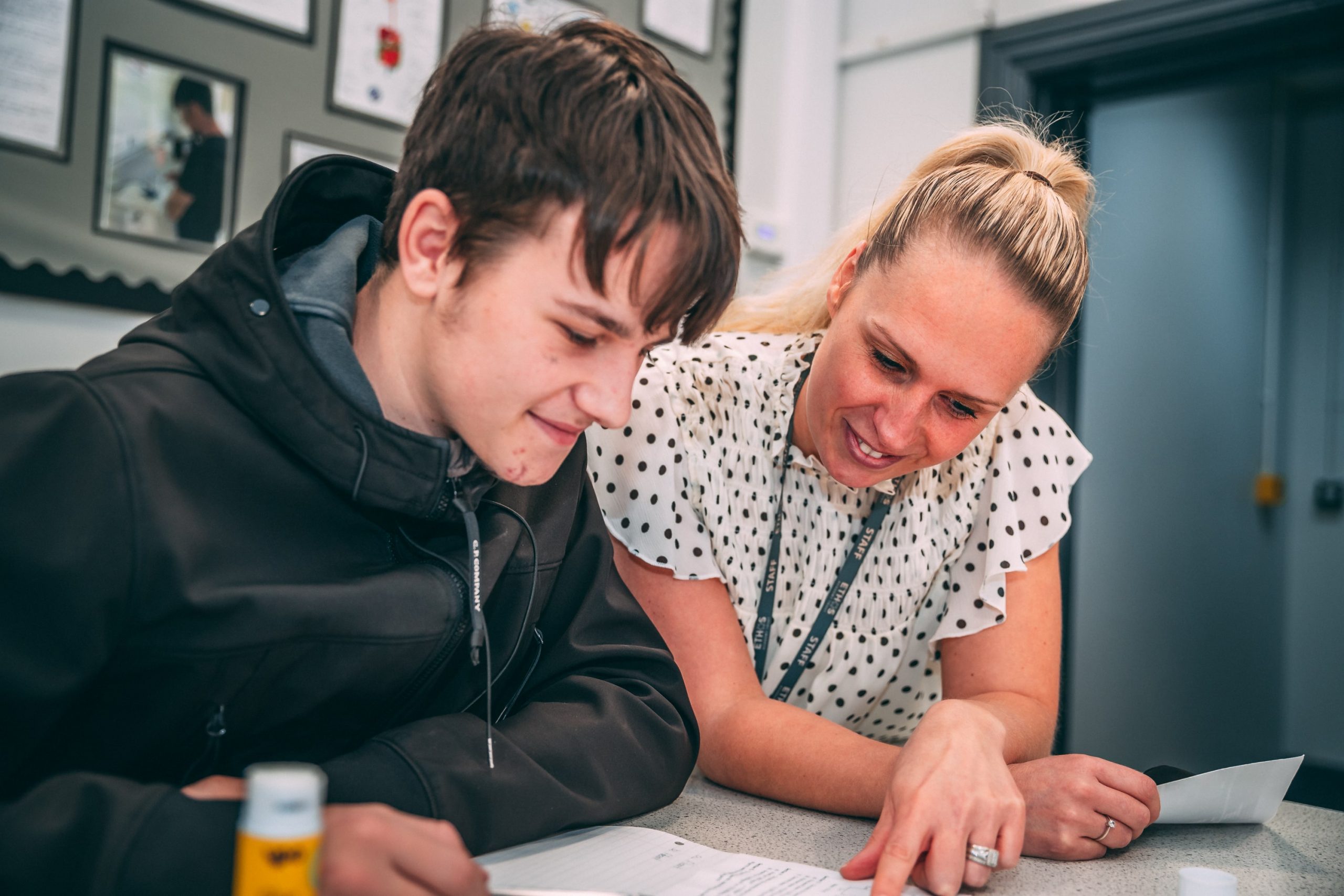Ethos College takes a truly holistic approach to supporting all pupils whilst actively promoting a fully inclusive and bespoke curriculum. We believe that pupils with Special Educational Needs or Disabilities (SEND) have the right to a broad and balanced curriculum and be fully included in all aspects of school life. At Ethos College we encourage and support all pupils to achieve personal success within a safe, nurturing and enriching learning environment, so that they are ready to take their place in modern-day Britain. We actively encourage parents/carers to be involved in the education of their children and see effective partnerships as key to pupil success.
At Ethos College, we recognise that children and young people may have a wide range of needs. These may include cognition and learning, communication and interaction, social, emotional and mental health difficulties and sensory and physical.
We work with a variety of agencies, specialist services and healthcare professionals to ensure that our young people’s needs are effectively identified and addressed.
Lindsey Ellis, SENDCo: lellis@eat.uk.com
Definition of special educational needs (SEND)
A child or young person has to SEND if they have a learning difficulty or disability, which calls for special educational provision to be made for him or her.
Special educational needs can be categorised under four broad areas:
Communication and interaction
Pupils with speech, language and communication needs (SLCN) have difficulty communicating with others and may also not understand and use social rules of communication. This often includes pupils with Autism Spectrum Condition (ASC).
Cognition and learning
Learning difficulties cover a wide range of needs, including moderate learning difficulties (MLD), severe (SLD), where children are likely to need support in all areas of the curriculum. Specific learning difficulties (SpLD), affect one or more specific aspects of learning. This encompasses a range of conditions, such as dyslexia, dyscalculia and dyspraxia.
Social, emotional and mental health difficulties
Pupils may experience a wide range of social and emotional difficulties. These may include becoming withdrawn and isolated as well as displaying challenging, disruptive or disturbing behaviour. Other pupils may have disorders such as attention deficit disorder (ADD), attention deficit hyperactive disorder or attachment issues (ADHD (Attention Deficit Hyperactivity Disorder)).
Sensory and/or physical needs
These include vision impairment, hearing impairment or multi-sensory impairment, which will require specialist support and/or equipment to access learning. Some pupils with a physical disabilities require ongoing support and equipment to access all the opportunities available to their peers. It also includes pupils with medical needs.
What is a Disability?
The Equality Act 2010 states that a person has a disability if they have a physical or mental impairment, and the impairment has a substantial and long-term adverse effect on their ability to carry out normal day-to-day activities.
A physical or mental impairment includes learning difficulties, including severe learning difficulties; medical conditions, including epilepsy, diabetes, more severe forms of asthma and eczema; autism; speech, language and communication impairments.
If the impairment has a substantial and long-term effect on a person’s ability to carry out normal day-to-day activities, it may amount to a disability.
